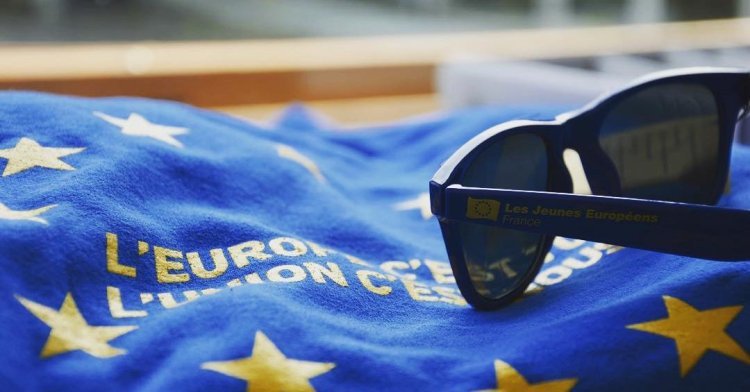The conference will have two main themes: sustainable societies and the abolition of poverty. Sustainable societies — what I prefer to call ‘ecologically-sound development’— require policies and actions at the local, the national, the multi-state region and the world level. We need to find the structures for a common management of the planet to deal with climate change, the erosion of biodiversity, and persistent poverty.
Reducing socio-economic inequalities and poverty constitute an important priority. Without significant progress through ecologically-sound development, countries’ social cohesion and political stability are at stake. It is difficult for people to consider longer-range relations with Nature when peoples’ daily basic needs are not met. The preservation of ecosystems and the satisfaction of the basic needs go hand-in-hand.
The willingness for solidarity among humans and harmony with Nature will nurture a collective capacity for action. The realization of a common world citizenship and a common destiny will give birth to a new sense of individual and collective responsibility — the creation of a new social contract.
Thus Rio Plus 20 will be an occasion for NGOs working with UN agencies to consider the effectiveness of their work and also to consider their relations with organizations working at the local level. Rio Plus 20 can also be an occasion to see how NGOs work with national governments. Is ecologically-sound development a playground for those working on ‘soft’ issues while the real decisions on key questions of trade and finance are taken in closed meetings beyond NGO reach?
NGOs are often seen by government representatives as critics, and the role of critic of poor policies and practices is important. However, increasingly NGOs see themselves not only as ‘critics’ but as ‘co-creators’ who bring analysis, expertise and solutions to policy dialogues. NGOs are a link between local action and global dialogue. NGOs are helping to set public policy agendas — identifying and defining critical issues, and providing policy makers with advice and assistance.
One of the chief tasks of NGOs is to provide the broad framework of values, a framework broader than the ‘national interest’ framework which is the usual decision-making pattern of national governments. Thus World Citizens stress world citizenship as the value framework for individual responsibility and government decision-making. World citizenship provides a sense of responsibility based on an acceptance of the oneness of humanity and a vision of a peaceful, harmonious world society. World citizenship provides the constellation of principles, values, attitudes and behaviours that the people of the world need to embrace if ecologically-sound development is to be realized.
World citizenship stresses the principles of social and economic justice, both within and between states; non-adversarial decision-making at all levels of society; equality of the sexes; racial, ethnic, national and religious harmony; and the willingness to sacrifice for the common good.
Today, we still see too often policies and actions based on antagonism and provincialism leading to disunity. Thus developing the concept of world citizenship is a practical strategy and a pre-requisite for ecologically-sound development policies and practices. This is our task on the ‘road to Rio’.

Follow the comments: |
|
